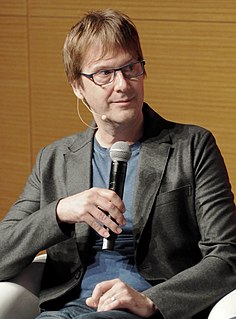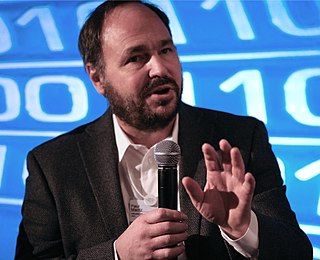A Quote by Alan Patricof
Cloud computing eliminates capital expenditure, so you can go global very quickly - you don't have to have extensive servers in every country.
Related Quotes
Cloud computing is actually a spectrum of things complementing one another and building on a foundation of sharing. Inherent dualities in the cloud computing phenomenon are spawning divergent strategies for cloud computing success. The public cloud, hybrid clouds, and private clouds now dot the landscape of IT based solutions. Because of that, the basic issues have moved from 'what is cloud' to 'how will cloud projects evolve'.
Cloud computing means you are doing your computing on somebody else's computer. Looking ahead a little, I firmly believe cloud - previously called grid computing - will become very widespread. It's much cheaper than buying your own computing infrastructure, or maybe you don't have the power to do what you want on your own computer.
If you look back over the history of computing, it started as mainframes or terminals. As PCs or work stations became prevalent, computing moved to the edge, and we had applications that took advantage of edge computing and the CPU and processing power at the edge. Cloud computing brought things back to the center.
Before, companies and startups had to lay up all this capital for data centers and servers, and take your scarce resource, which in most companies is engineers, and have them work on the undifferentiated heavy lifting of infrastructure. What the cloud has done is completely flipped that model on its head so that you only pay for what you consume.
Secretary Clinton used several different servers and administrators of those servers during her four years at the State Department and used numerous mobile devices to view and send e-mail on that personal domain. As new servers and equipment were employed, older servers were taken out of service, stored, and decommissioned in various ways.



































